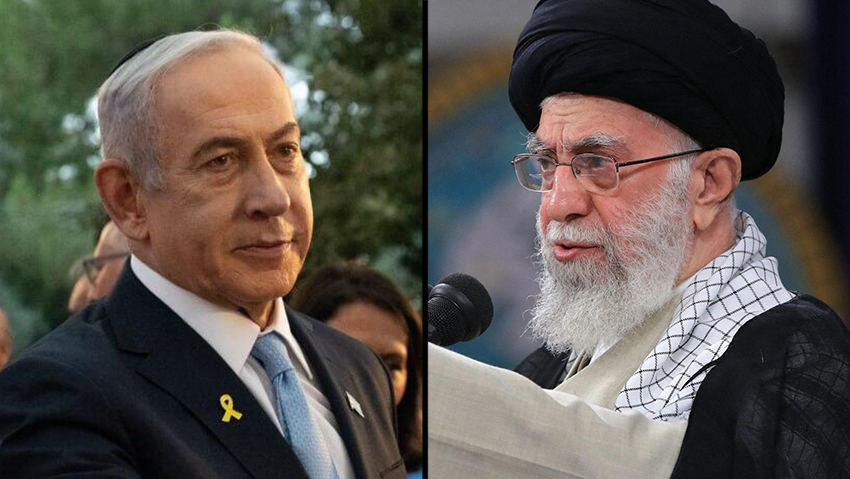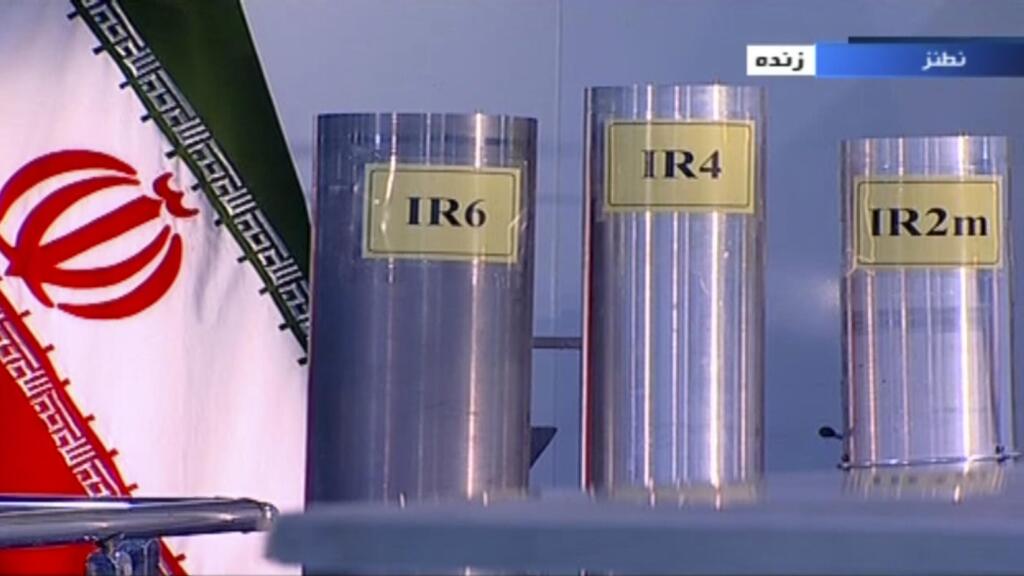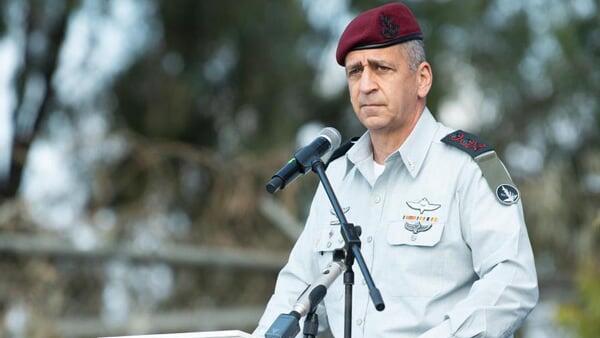The Iranian nuclear program has made significant progress since former U.S. president Donald Trump’s withdrawal from the nuclear agreement in May 2018. Indeed, in the past year and especially in recent months, the Iranian preoccupation with the nuclear issue has considerably increased. Iranian statements often refer to the advanced technological status of their nuclear program.
With the current quantities of nuclear material in Iran’s possession, Tehran could, within a month of making a decision, begin enriching to reach military levels and produce enough material for numerous nuclear devices. A comprehensive Israeli and international effort is therefore now urgently required to prevent this development from coming to pass writes the IDSF Editorial Staff.
Europe must act decisively against Iran
To counteract this threat, the Iranian leadership must be convinced that progressing to nuclear weapons will directly endanger the regime’s survival.
The European countries, specifically Britain, France, and Germany, which are not interested in implementing the clause renewing the sanctions in the 2015 JCPOA nuclear treaty should at least be required to warn Iran that they will not allow the clause to expire as planned in October 2025 unless Iran scales back its nuclear activity.
Israeli society is particularly at risk as Tehran’s strategic target
Iran’s intentions vis-à-vis Israel are clear, as is its strategy for the destruction of the state. The Iranians have concluded that Israel’s weak point is Israeli society. Adding to this, the increased tensions between Iran and Israel in recent months, including the direct attacks from Iran have raised concerns even higher.
Hezbollah leader Hassan Nasrallah’s “spider’s web” speech in May 2000 has long echoed Iranian thinking in this respect. According to this view, Israeli society is tired of wars and does not have the strength to withstand a bloody struggle. Iran even believes that parts of Israeli society will leave the country in the face of such pressures. Therefore, the strategy of Iran and its proxies in the region is directed squarely against Israel’s population.
3 View gallery


Prime Minister Benjamin Netanyahu, Iranian Supreme Leader Ali Khamenei
(Photo: Naama Greenbaum/Haaretz, AFP)
Risk of a multipolar nuclear Middle East must be avoided
There is another complication to allowing Iran to continue its nuclear project: the Gulf states and other Arab countries, seeing Iran’s might, may choose to shift to Tehran’s side, “bandwagoning”, in effect on its nuclear ambitions.
Indeed, the recent agreements between Iran and Saudi Arabia under China’s auspices may be the beginning of such a step. In the event that Iran acquires nuclear weapons, it is unlikely that Turkey, Egypt, and Saudi Arabia will not try to follow Tehran’s lead. A multipolar nuclear Middle East would be a strategic nightmare for Israel; it clearly must be prevented.
Israel is the only country able to stand up to Iran’s ambitions
In fact, Israel is a strategic enemy of Iran and not just a theologically intolerable political entity. As the United States makes subtle moves to disengage from the region in order to potentially concentrate on China, Israel more so becomes the only country capable of standing up to Iran’s hegemonic ambitions. Israel did so in 1981 against the Iraqi reactor and in 2007 in Syria.
In 2019, then-IDF Chief of Staff Aviv Kohavi established the Third Circle Directorate to deal with the Iranian threat. Regional dynamics and Israel’s existential necessities must again lead to a preventive strike in the face of an impending nuclear Iran.
 Jennifer Teale
Jennifer TealeTo conclude, the nuclear threat from Iran is substantial and growing. The international community must act decisively. However, for Israel, it must be recognized that Iran attempts to target our values and society first. Israel has combatted the threat from Iran before and it can and must do so again now.



